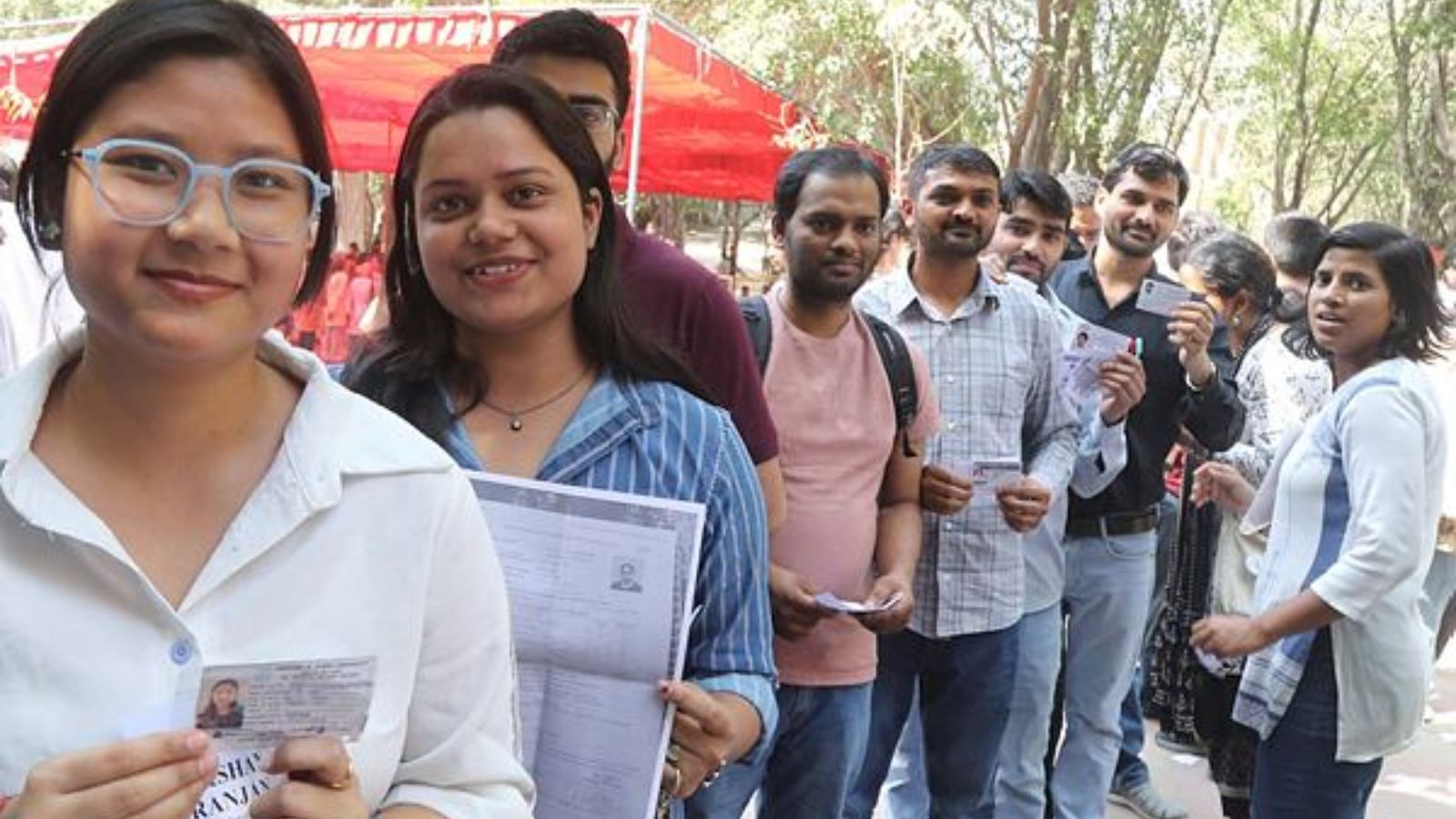Devansh Mittal is a Correspondent at The Indian Express, based in the New Delhi City bureau. He primarily covers civic governance, urban infrastructure, and environmental policy in the National Capital Region. Professional Background Education: He studied Political Science at Ashoka University. Core Beats: His reporting focus includes the Delhi Development Authority (DDA), the Municipal Corporation of Delhi (MCD), and the Delhi Metro. He has also shown a strong specialization in environmental accountability, particularly during Delhi’s winter pollution crises. Recent Notable Articles (December 2025) His reportage in late 2025 has centered on the severe air quality crisis in Delhi and high-profile civic developments: 1. Environment & "Express Impact" "Express Impact: Action cell, weekly inspections to rid Rohini of its dust" (Dec 21, 2025): Following his investigative report that flagged Rohini as a "dust bowl," he covered the subsequent government action to set up a dedicated Dust Action Cell and mandate weekly joint inspections. "Air toxic, Delhi govt makes 50% work from home a must" (Dec 17, 2025): Reporting on the mandatory WFH advisory and the Rs 10,000 relief announced for construction workers affected by the Stage 3 GRAP ban. "Broken pavements, untarred roads: Why Delhi's Rohini is a dust bowl" (Dec 18, 2025): A ground-zero report detailing how dug-up roads and unfinished civic works have worsened air pollution in North West Delhi. 2. Urban Governance & Infrastructure "New Metro museum at Supreme Court station opens for public on December 19" (Dec 18, 2025): Reporting on the relocation and inauguration of the iconic Metro Museum by CM Rekha Gupta. "Data shows surge in sale of DDA flats in last three years" (Dec 15, 2025): An analytical piece on how the DDA has begun clearing its massive unsold inventory of housing through new schemes. "Birth to death services under one roof: How Delhi's expansion to 13 districts makes citizen lives easier" (Dec 12, 2025): Detailed coverage of the administrative reorganization of Delhi into three new districts (Outer North, Central North, and Old Delhi). 3. Transport & Safety "Govt orders probe after off-duty pilot assaults passenger at Delhi airport" (Dec 21, 2025): A high-impact report on a physical altercation at IGIA involving an Air India Express pilot, which led to a formal investigation by the Civil Aviation Ministry. Signature Style Devansh is recognized for his "spot check" reporting style. His work often bridges the gap between environmental science (source apportionment data) and public health, making complex pollution metrics accessible to everyday residents. He is also a regular contributor to the Express political pulse, analyzing how urban issues like housing and dust affect voter sentiment. Contact X (Twitter): @devanshmittal_ ... Read More
Stay updated with the latest - Click here to follow us on Instagram
- Tags:
- delhi









